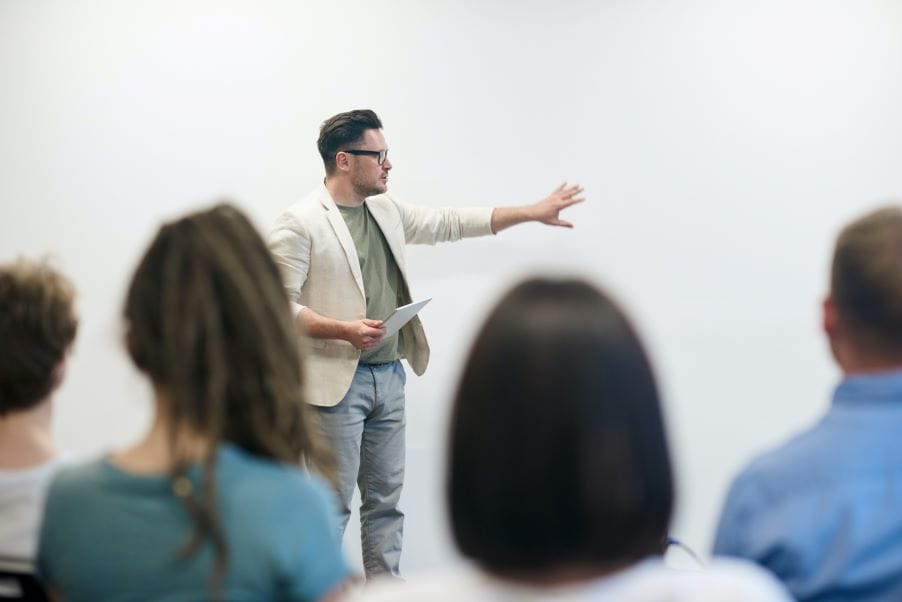Recently I asked my Facebook followers to suggest topics for me to cover. Over the next few months I am going to try and address each of the suggestions that I received and am very grateful for.
This week, I want to talk about the challenge of applying NLP to yourself. Though I mention NLP, I believe that any set of skills that you learn to help you with your mind and personal development can be helped by some of what I’m going to suggest.
You go to a course or a workshop and you learn a set of ideas that sound good and you’re excited to use them on yourself. Or maybe you read a book and you learn a technique that you would look to get benefit from. It should be as simple as taking what you’ve learned and applying it right? Unfortunately, that is not always what happens. Sometimes life gets in the way. Sometimes the very things that have stopped you in the past stop you from using the skills.
Regardless, what are some things you can do to apply NLP or any related skill to your life:
First, I would suggest taking notes after you have been to a workshop or read a book. You could also take them during a workshop if that is appropriate but make sure that you do another set of notes the day or two after the course. This will help solidify the information in your brain.
Second, find an opportunity as quick as possible to teach someone what you’ve learned. For me, teaching people what I’ve learned from a book or course is the single quickest and best way to internalise it.
Third, become very clear on exactly what you have learned and how that can be used to achieve what specific goal. So you can use a two pronged approach. Go through what you’ve learned and identify each idea/strategy/skill and define exactly how you can use it to achieve a specific outcome. Understand what these things can do for you.
Next figure out what your goals are or what problems you want to overcome and then go in reverse asking which skills or strategies specifically that you’ve learned that you can use to achieve the result you want with the outcome or problem.
So you could take each skill you learned like anchoring and then see that you can use it to create a feeling in yourself or another, collapse a feeling in yourself or another, connect feelings together or make feelings stronger or weaker etc. Then you can follow up and understand how that can be helpful to you in your life. Or what kind of problems do you have.
For example, if you find yourself convinced of a number of limiting beliefs about yourself then you could work back and see what can you use to change beliefs such as collapsing the anchor of the certainty or changing the submodalities or challenging the beliefs with the meta model etc. etc. Or what is another way of looking at this problem? How could you see this differently? How can you reframe it? These are just some examples.
One other thing to mention is to schedule in how you are going to apply NLP skills to different parts of your day. So maybe you might include in your to do list: get into the right state before a meeting or design the presentation with the Milton model and Anchoring in mind. Putting it in your schedule will make it far more likely to happen.
Now as far as specifically doing NLP on yourself there are a few possibilities. If your concentration works well for you, take some time alone and like meditation play with submodalities and anchoring and building states. Take time out of your day to watch and listen and observe people communicating to hear how they use language and how they react to the world. Become a student of others and use the skills of NLP to notice what they do.
If you need more help with your concentration you can write down a list of steps you need to take and simply follow the list line by line. Or you can record yourself doing a technique and listen back to yourself. I used to create lots of hypnosis recordings for myself when I was younger to help with study and memory etc. for example. You can also for instance write down your negative internal dialogue and then go through it with all the meta model questions where you challenge your negative thoughts and beliefs. This can be very powerful. You could ask yourself a number of questions on how your problem can benefit you? What’s another way of thinking about this? Or even what context can this be useful? Reframing it can be extremely helpful.
Basically you can create something to react to or a formula to follow if that helps you. All in all, more than anything, the real trick is in prioritising the application of what you have learned to your life. If you make time for it and it is important enough for you, you will do it and you will get the benefit.





